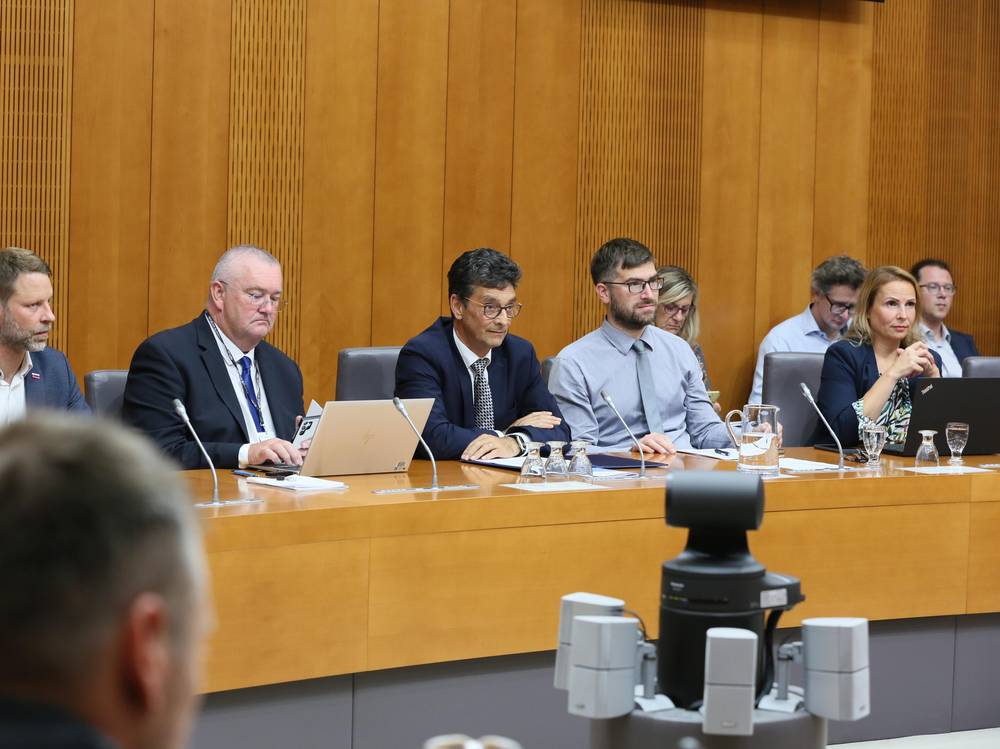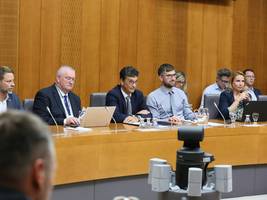On 3 October 2023, Human Rights Ombudsman Peter Svetina presented two reports for 2022: the Annual Report of the Human Rights Ombudsman of the Republic of Slovenia and the Report on implementation of tasks and authorisations of the National Preventive Mechanism in 2022 in the National Assembly of the Republic of Slovenia – the Commission for Petitions, Human Rights and Equal Opportunities. “Last year, we considered almost six thousand cases and found more than two hundred violations. Many complaints pertained to unresponsiveness and frequently also to the arrogance of public bodies. I would like to emphasise that it is crucial to understand that all public bodies have a duty of disclosure and must reply to individuals within reasonable time. Concerning the Ministry of Culture, we dealt with a complaint relating to the acquisition of an exceptional pension in the field of culture regarding which the ministry had not replied to the complainant since 2015, therefore no less than seven years. They replied to us only after we sent an urgent note,” stressed Ombudsman Svetina.
Even during the pandemic, the Ombudsman warned that we as a society must ensure that after the pandemic we build an inclusive and solidary society. One of the challenges thereof is the fact that in all areas of work there is a lack of qualified staff, which significantly influences the diminishment of an individual’s quality of life and potentially also numerous violations of human rights. “I have been warning about such and similar challenges since the beginning of my term, yet many of our recommendations remain unrealised. Based on our activities in the past year, we make 83 new recommendations. What is worrying is the information that in the government response report, 10 out of 75 our recommendations pertaining to the government or its ministries were rejected. All 10 of the rejected new recommendations pertain to vulnerable groups, of which no fewer than eight to the rights of people with disabilities. I have been learning for years that the weak spot of all governments is the coordination between individual government sectors, which is also revealed in the slow progress regarding the realisation of our recommendations. It is evident from the government’s report how unsynchronised the positions of different ministries are, even contradictory to one another, while the government unfortunately does not cut this Gordian knot. Hence, I expect that the government to synchronise a unified position and a work plan for the implementation of our recommendations pertaining to several sectors,” said the Ombudsman.
He added that every year, the number of non-implemented decisions by the Constitutional Court rises; at the end of 2022 the number of non-implemented so-called declaratory decisions of the Constitutional Court was no less than 28. The institution of the Ombudsman repeats its recommendation of last year that the government establish a mechanism according to the model of the mechanism for the implementation of decisions by the European Court for Human Rights, which would offer expert support to decision-makers. This recommendation has been especially emphasised also by the European Commission in its report on the state of the rule of law in Slovenia in 2023.
Last year again, the Human Rights Ombudsman devoted much attention to various vulnerable groups, such as children, people with disabilities, elderly, women, national and ethnic communities, employees, unemployed, religious communities, LGBTIQ+, and foreigners. The Ombudsman believes that it is unacceptable that any vulnerable group is pushed to the edge of society and their constitutionally guaranteed rights disrespected. “It is very worrying that we have detected more intolerance towards the elderly, as well as intersectional discrimination, which occurs when we speak about discrimination based on several personal circumstances, for example older women. We stand for intergenerational solidarity as a prerequisite for coexistence of different generations,” highlighted Ombudsman Svetina.
In the field of health, the Ombudsman warns that that insured people do not have the same access to doctors, which is reflected in unacceptably long waiting times. Especially worrying is the lack of family physicians, specialists, and other medical workers.
At the working body responsible, the Ombudsman also presented the Report of the National Preventive Mechanism (NPM), which in 2022 visited 98 places of deprivation of liberty. Almost all visits were unannounced. “We made topical visits to seven retirement homes with the purpose of determining the manner of protection at wards for people with dementia. It is still the case that residents of secured wards cannot leave the institution independently or by their free will and are thus detained without the appropriate legal base. We found that the appropriate legal base still does not exist. We have been warning against this grave violation of personal liberty for eight years,” added Ombudsman Svetina during the presentation of the NPM report.

